7 June 2019
International collaborations are vital for advancing both science and the careers of the scientists involved. Case in point is Dr Kerry Hilligan, part of Professor Franca Ronchese’s immune cell biology team, who has spent the past year working in the United States as part of a collaborative programme of knowledge-acquisition and skill sharing. Mid-way through her programme, Kerry returned to the Malaghan Institute to present her latest findings and share what she has learned so far.

Professor Franca Ronchese and Dr Kerry Hilligan
Dr Hilligan, who completed her PhD at the Malaghan Institute studying the function of dendritic cells, is based at the National Institutes of Health (NIH), Washington DC, within the National Institute of Allergy and Infectious Diseases. Working under international immunology figureheads Dr Alan Sher and Dr Dragana Jankovic, who both visited the Malaghan Institute last year as guest speakers, the two-year programme has been an important opportunity for not only Kerry, but for the Malaghan Institute as a whole.
“Over five thousand scientists work at the NIH, all with vastly different areas of expertise and access to all the research technology you can imagine, all in one place,” says Dr Hilligan. “It’s kind of like Disneyland for immunologists. It is a perfect networking opportunity for young scientists, which was the main draw for me going there.
“On top of this, I’m gaining new techniques and knowledge that I aim to bring back and share with the other scientists at the Malaghan Institute and apply to the research here. The ultimate idea is that I establish a niche for myself here which complements what others are doing.”
Dr Hilligan says one of the big questions her team at NIH wanted to ask is how different infections affect the development and function of dendritic cells over time. “Once you overcome an infection, are future cells programmed to be more efficient at resolving an infection the second time around?”
She says this sort of training of the immune system is fundamentally different from the typical memory we associate with immunity because of the short lifespan of these cells.
“It’s something no one’s really looked at in depth. Each time you’re infected or your immune system is challenged in some way, specific short-lived immune cells are created to deal with them. Once you’ve overcome the infection, those cells are removed and fresh new cells take their place. What do these new cells look like? How will they react if you encounter the same infection again? Are they imprinted with improved functional capacity? If so, then that’s really exciting because we can leverage that in terms of vaccination strategies and so on.”
At the moment, Dr Hilligan says the work is quite conceptual and she’s trying to develop ways to study how it works. “But the field is particularly exciting because it is applicable to many different fields including allergy, cancer and infectious diseases, which means there are plenty of opportunities to continue this research and complement others’ research once I return to the Malaghan Institute.”

NIH departmental photo with Dr Kerry Hilligan in Washington D.C.
Related articles
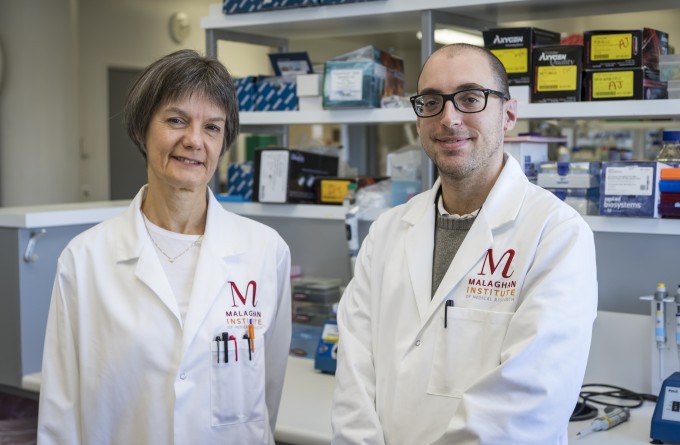
Tracking allergies to their source: new research offers insight into mechanisms priming the allergic response
2 July 2025
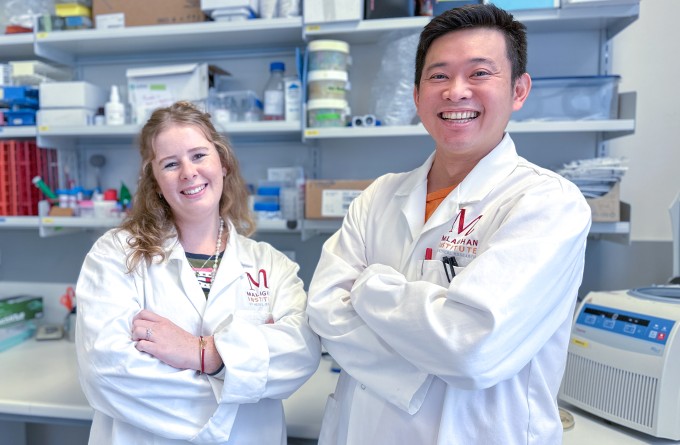
Research sheds new light on the allergic response – and how to disrupt it
5 June 2025
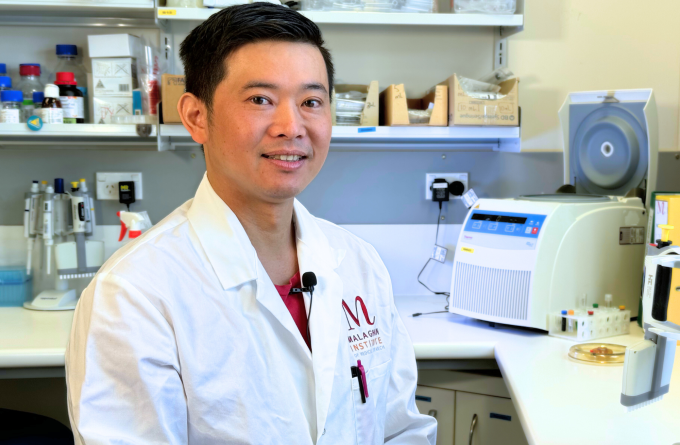
Fighting allergic skin disease at its root
17 December 2024
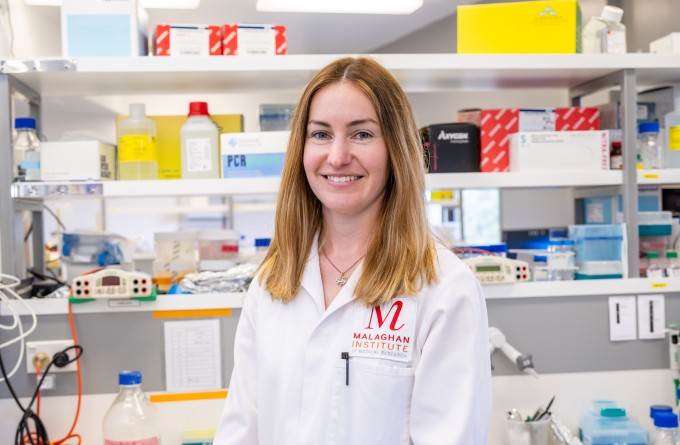
New research deepening understanding of elusive eosinophils
27 June 2024
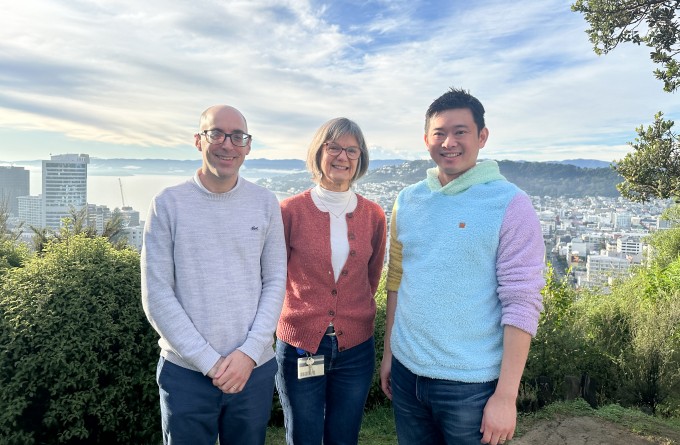
International collaboration finds lipid imbalance in the skin may contribute to inflammatory conditions
24 June 2024
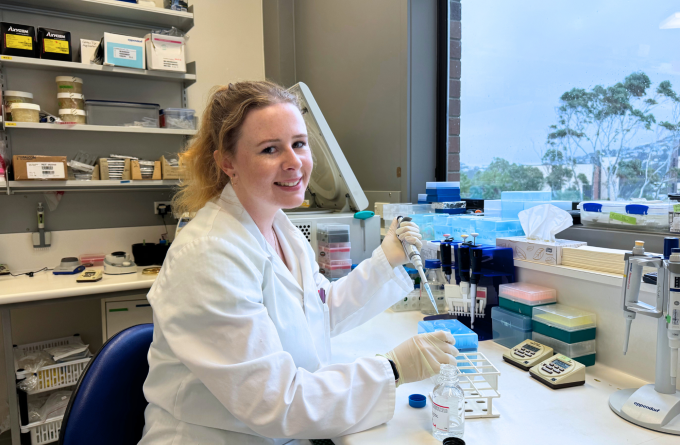
The ever-evolving world of immunology research
13 June 2024
